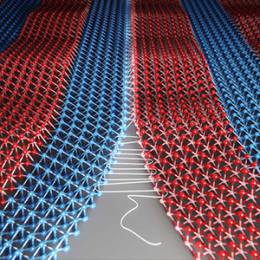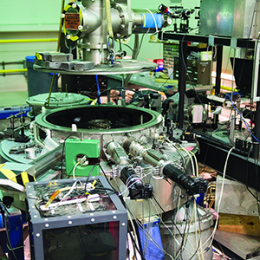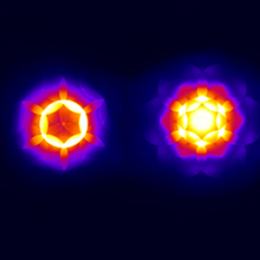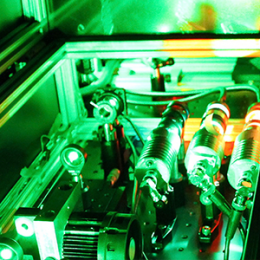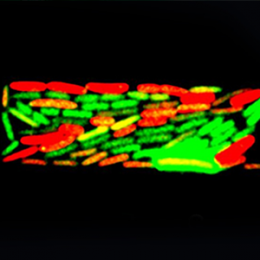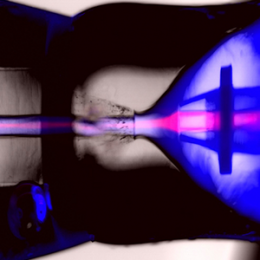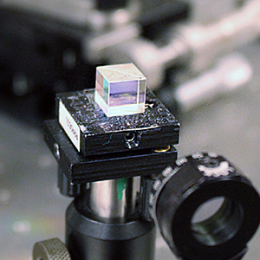Course Details:
Applied geophysics is the application of geophysical principles and techniques to tackle real-world challenges and
provide solutions for the betterment of society. It is a scientific practice that leverages the principles of geophysics
to address various issues faced by individuals and communities. Unlike engineering, which focuses on specific and
well-defined problems, applied geophysics involves the utilization of physics in the development of new technologies and
the resolution of complex engineering issues.
Applied geophysicists are dedicated professionals who use their expertise in physics to advance technological
innovations and overcome engineering challenges. They employ geophysical methods and tools to analyze and interpret
data, helping to uncover valuable insights about the Earth's subsurface, geological structures, and natural resources.
By applying physics principles in their work, applied geophysicists contribute to the development of innovative
solutions that benefit various industries, including energy exploration, environmental assessment, and infrastructure
development.
Graduates from applied geophysics programs emerge with a diverse set of skills and knowledge. They possess advanced
problem-solving abilities, honed through their comprehensive training in geophysics. These graduates have a solid
foundation in physics, enabling them to understand the fundamental principles behind geophysical methods and their
applications. Moreover, they have the flexibility to personalize their study, choosing specific areas of interest within
the broad field of applied geophysics.
The interdisciplinary nature of applied geophysics empowers graduates to make meaningful contributions to society. Their
expertise and technical proficiency allow them to address critical challenges such as environmental sustainability,
natural resource exploration, hazard assessment, and geotechnical investigations. By leveraging their skills, applied
geophysicists play a crucial role in driving advancements, facilitating informed decision-making, and ensuring the
efficient utilization of Earth's resources.
In summary, applied geophysics serves as a vital discipline that applies the principles of physics to assist in
problem-solving and address societal issues. Through their education and training, graduates of applied geophysics
programs acquire the necessary tools to navigate the complexities of the field, enabling them to contribute
significantly to the advancement of science and the well-being of communities.
Course Structure:
A Bachelor of Science (B.Sc.) in Applied Geophysics can be earned after three or four years
of study at Anchor University.
The majority of staff members who are tutors in their field provide tutorials,
classes, and lectures. Many of them are top-tier experts with extensive training in
both teaching and research. Educated PhD students and early-career researchers with
practical research experience may also conduct some teaching.
-
First Year Courses
- Core Courses (30%):
- Introductory Geology
- Introduction to Geophysics
The courses listed on this page are illustrative and may change.
Assessment
- Continuous Assessment.
- Projects
- Examination.
- Praticals
-
Second Year Courses
- Core Courses (70%):
- Engineering Surveying
- Physical Geology
- Crystallography and Mineralogy
- Geological Map Interpretation
- Introductory Geomathematics
- Ystematic Paleontology
- Introduction to Earth Physics
The courses listed on this page are illustrative and may change.
Assessment
- Continuous Assessment.
- Projects.
- Examination.
- Practicals
-
Third Year Courses
- Core Courses(40%):
- 7 Self Potential, Induced Polarisation and Electrical Resistivity Methods
- Magnetic & Gravity Prospecting Methods
- Seismic Methods of Prospecting
- General Petrology
- Sedimentology
- Principles of Remote Sensing and G.I.S.
The courses listed on this page are illustrative and may change.
Assessment
- Continuous Assessment.
- Projects.
- Examination.
- Practicals
-
Fourth Year Courses
- Core Courses(50%):
- Petroleum Geology
- Geophysical Time Series Analysis
- Borehole Geophysics
- Environmental Geophysics
- Engineering Geophysics
- Engineering Geology
- Student Seminar on Current Topics in Applied Geophysics
- Geophysics and Geothermal Energy
- Radiometrics Prospecting Methods
- Advanced Practical Anatomy
- Electromagnetic Prospecting Methods
- Groundwater Geophysics
- Structural Geology & Plate Tectonics
- Stratigraphy
- Ethical Hacking and Reverse Engineering
- Special Topics on Information Security
- PROJECT AND DEFENCE
The courses listed on this page are illustrative and may change.
Assessment
- Continuous Assessment.
- Projects.
- Examination.
- Practticals
Some Research Areas
Condensed Matter and Materials Physics.
Astrophysics, Fusion and Plasma Physics
Nanoscience and Nanotechnology
Microfluidics and Microsystems
Optical Physics and Quantum Information Science






